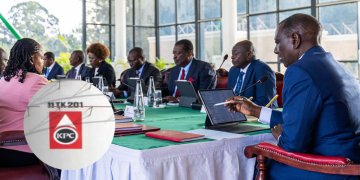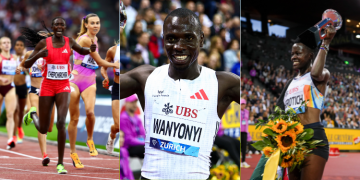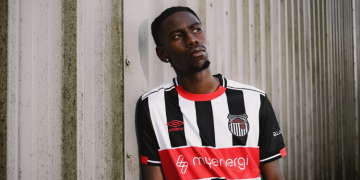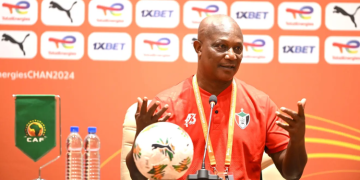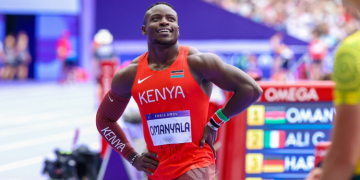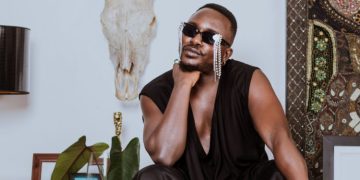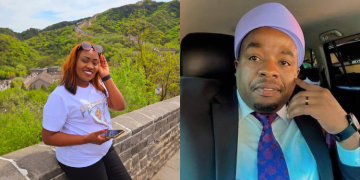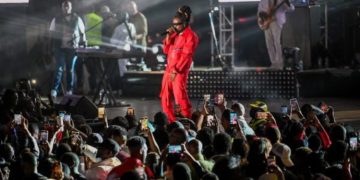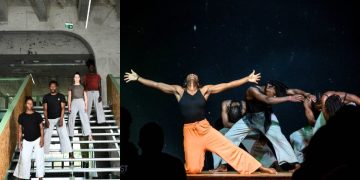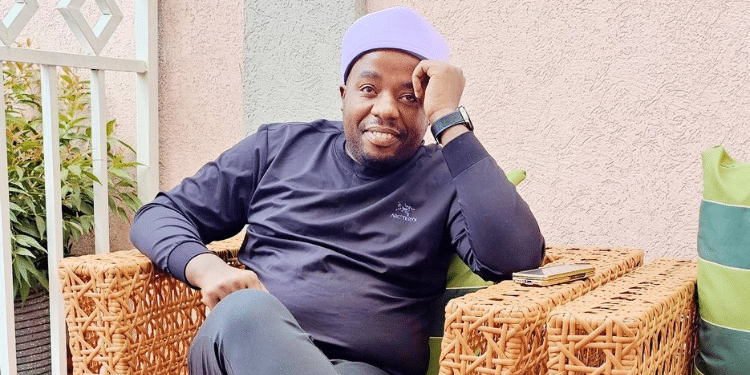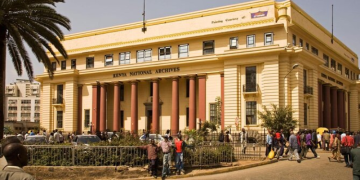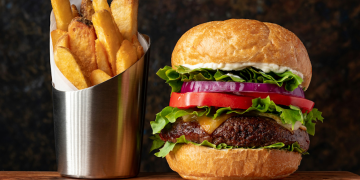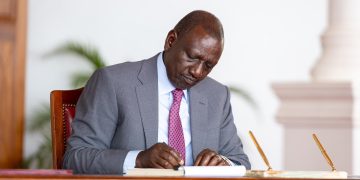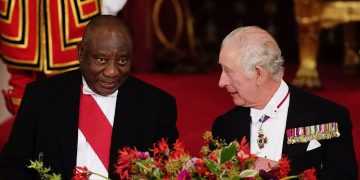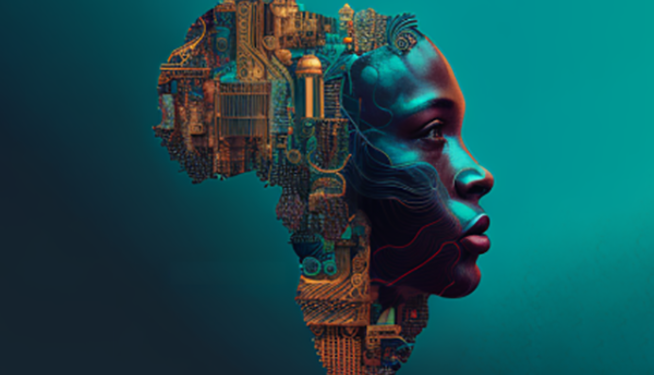Artificial Intelligence (AI) is continuously transforming the creative industries across the world, and Africa is no exception.
It is dominating from music production and digital art to content creation and fashion design; African creatives are increasingly using AI tools in their workflows.
In spite of this shift having a promising future, it has also raised concerning questions about its ethics, equity, and the future of human expression.
Promise: Unlocking New Possibilities
AI gives many African creatives a big chance to do more, even with few resources.
For musicians, they usually use AI-powered tools like LANDR, which provides automated music mastering, and Amper Music, which creates customizable music tracks tailored to the needs of content creators.
These AI tools help them produce professional-quality music, which reduces the need and cost of studio sessions
In visual arts, AI apps such as Midjourney, which is used to generate images, and DALL·E, which creates images from text descriptions, are widely being used among many others by African artists.
This enables artists to generate imaginative illustrations and explore new aesthetics with minimal equipment or heavy training.
In the fashion space, designers are using AI to predict trends, visualize patterns, and optimize production. The most common AI tool is Virtual Try-On, which allows users to try on clothes using their own images.
This makes the online shopping experience better, which helps small brands scale faster while remaining creative.
Writers and digital marketers are also using AI tools like ChatGPT to brainstorm ideas, draft scripts, and translate content between different languages.
AI is also transforming the way entrepreneurs and creatives run their online stores.
In the current world, there are AI tools that can create entire websites from scratch, write product descriptions, and even generate marketing strategies.
Once a store has gone live, AI tools like Klaviyo, Omnisend, and ActiveCampaign automate emails, SMS campaigns, and personalized messages to boost sales. Meanwhile, chatbots such as Tidio and Conversica handle real-time answers to questions, recover carts, and assist shoppers through checkout.
Problem: Ownership, Recognition & Bias
Despite its potential, AI in African creative spaces is not without problems.
One major concern is copyright clarity. Who owns the rights to an AI-generated song or artwork?
Also read: How Technology Can Help Reduce Children’s Screen Time
The creative, the AI tool, or its developers? AI blurs the lines of creative ownership. Many existing copyright laws in Africa do not clearly define AI-generated work ownership, which leaves a lot of creatives vulnerable to exploitation and theft of their work.
Misrepresentation can also become an issue when the audience is interpreting. African art, fashion, and music often draw deeply from cultural heritage and local stories.
AI models, which are mostly trained on Western data, might misunderstand these cultural details and represent them incorrectly.
Also Read: AI and Gen Z Will Drive Africa Toward a Cashless Future, Experts Say
There’s also a risk of devaluing human creativity. If AI-generated content floods the market, original work from talented creatives may struggle to catch attention or receive compensation.
This creates a problem of differentiating between AI-generated work and a challenge of generating income in a continent where artists are already facing economic challenges.
Follow our WhatsApp Channel and X Account for real-time news updates.





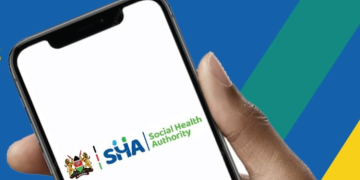

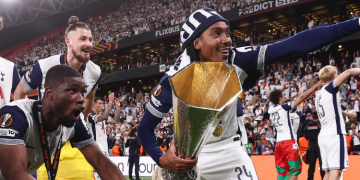


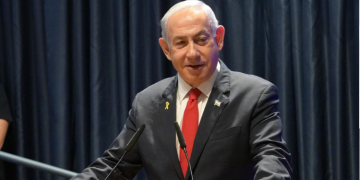
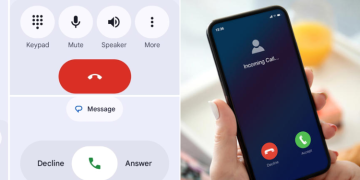
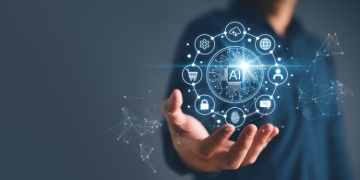
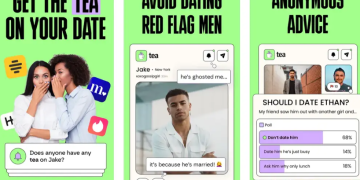
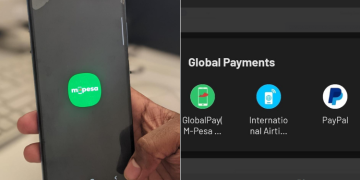
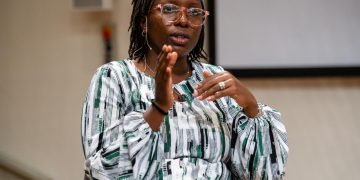

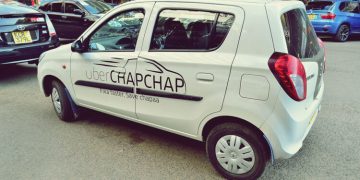

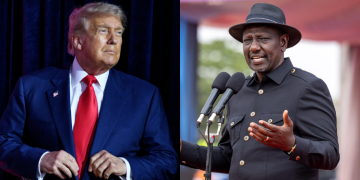


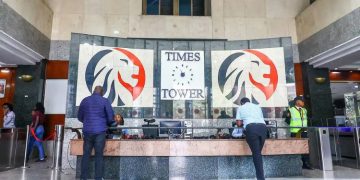
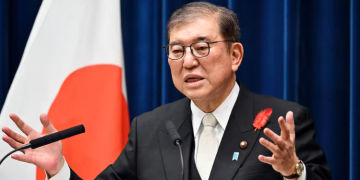






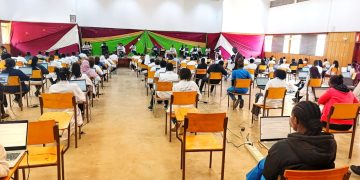


![Understanding Endometriosis: Expert Breaks Down Causes, Symptoms And Treatment [Video] Dr. Joseph Njagi, A Renowned Endometriosis Specialist A Surgeon, Says That Period Pain Among Girls And Women Should Not Be Ignored As A Normal Thing, As It May Signal A Symptom Of Endometriosis]( https://thekenyatimescdn-ese7d3e7ghdnbfa9.z01.azurefd.net/prodimages/uploads/2025/08/Dr-Joe-Njagi-together-with-his-team-of-Doctors-in-a-theatre-room-360x180.png)

